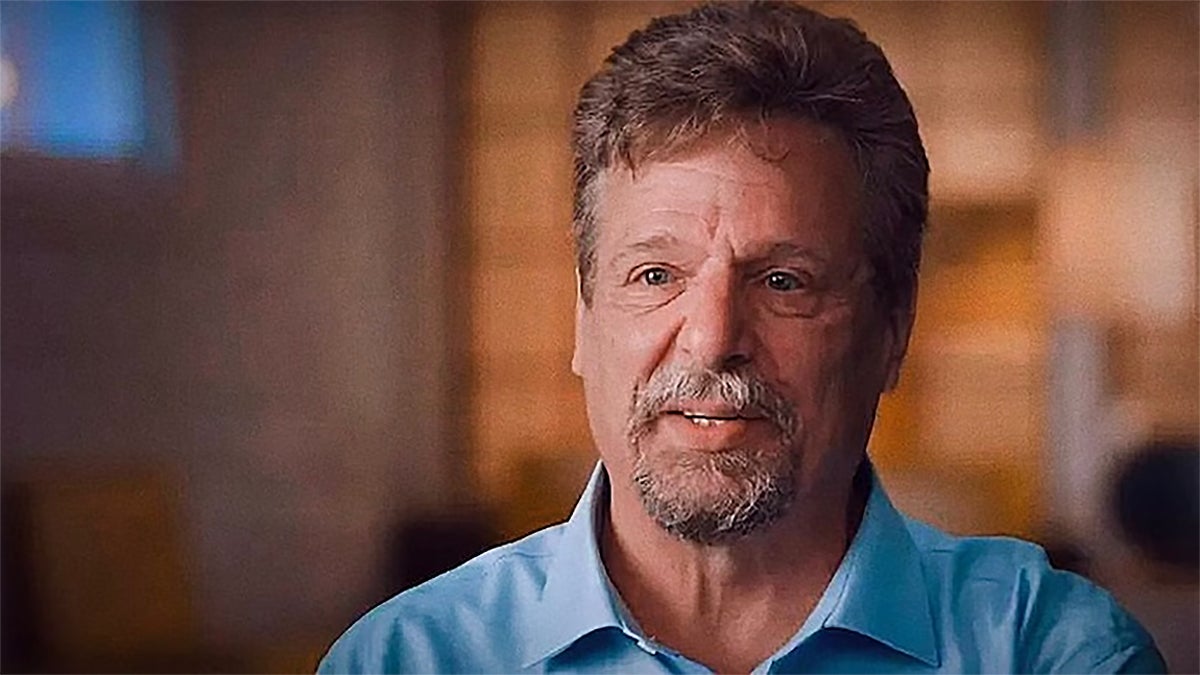
The family of a dead Boeing whistleblower says that they hold the aircraft manufacturer responsible for his death, even if the company had not “pulled the trigger”.
John Barnett, 62, a quality control engineer at Boeing for 32 years, was found dead at a South Carolina hotel in March, from a self-inflicted gunshot wound. A coroner later ruled that he died by suicide. At the time he was testifying in a lawsuit against the aircraft manufacturer.
An autopsy report, released by the Charleston County Coroner, stated that a review of Barnett’s medical records and interviews with his family showed he was suffering from “chronic stress” brought on by the lawsuit, as well as anxiety and post-traumatic stress disorder (PTSD).
A note found by law enforcement in Barnett’s truck demonstrated he was “going through a period of serious personal distress”, according to the autopsy report.
Excerpts from the note, shared by Charleston police, showed the former employee’s frustration with the company as well as with the whistleblower protection programme, with one sentence reading: “I pray Boeing pays.”
“Whistleblowers protection is f***** up too!”
He also wrote: “Family and friends, I love you… I found my purpose! I’m at peace!”
On Tuesday, Barnett’s family released a statement via their lawyers in which they reiterated their criticism for the manufacturer.
“Mr. Barnett’s last words make clear that while Boeing may not have pulled the trigger, the company is responsible for his death,” read the statement from attorneys Robert Turkewitz and Brian Knowles.
“Mr Barnett’s family wishes to thank the Coroner, the responders and all those who have reached out with kind words and support. It is hoped that John’s legacy will be his brave and courageous efforts to get Boeing to change its culture of concealment to one that places quality and safety first.”
Barnett had alleged that Boeing intentionally used defective parts in its planes and warned that passengers on its 787 Dreamliner might face a lack of oxygen if a sudden decompression occurred.
He had traveled to Charleston on 26 February from Louisiana, to take part in a deposition as part of the lawsuit with Boeing. He was deposed by Boeing attorneys on 7 March and by his attorneys the next day.
He was due to resume testimony on 9 March. In the autopsy report, Coroner Bobbi Jo O’Neal, noted that Barnett had not responded to a courtesy call from his lawyers on that day.
After he failed to arrive for the proceedings, his lawyers called for a wellness check, and he was found dead, according to authorities.
The coroner’s report, released last week, came following the death of a second Boeing whistleblower earlier this month.
Joshua Dean, who worked as a quality auditor at Spirit AeroSystems, died earlier this month, according to his family. The 45-year-old who had an active lifestyle and was believed to be in good health, passed away in hospital following the onset of a fast-moving infection.
Attorney Brian Knowles previously told The Independent that the men were “heroes” who wanted to “help the company do better.”
He added that there were at least ten other Boeing whistleblowers out there, both former and current employees, who are “safe and sound”.
However, the incidents with Barnett and Dean have been unsettling for some, including Santiago Paredes – another whistleblower who has come forward publicly against Boeing supplier Spirit AeroSystems.
Speaking exclusively to The Independent, Mr Paredes, 40, dismissed conspiracy theories about two other whistleblowers who died shortly after coming forward with claims of safety issues at Boeing suppliers, but admitted he’s remaining vigilant about his own safety.
“I’m always looking behind my mirror to make sure nobody’s car’s following me,” he said. “I’m not saying that I’m scared, but at the same time, I can’t put a blind eye to the reality of what could be. I have to prepare myself for that.”
Mr Paredes spent more than a decade as an inspector and team leader at Boeing supplier Spirit AeroSystems before leaving in 2022 after repeatedly issuing warnings to superiors about quality control failings – which at one point resulted in his demotion, he says.
Spirit AeroSystems — not to be confused with Spirit Airlines — manufactures plane components, including fuselages and wing parts, and Boeing is its largest customer.
Questions and concerns about the safety of Boeing’s 737 Max 9 planes have been circulating since January, after after a door plug blew off in mid-air during an Alaska Airlines flight. The FAA grounded all all 171 MAX 9 jets and instigated an investigation.
Mr Paredes had been friendly with Dean, an auditor, who contacted him last year and asked him to help with a shareholder lawsuit. Paredes agreed to participate anonymously – but went public with his claims earlier this month after Dean’s death, revealing that he’d been encouraged to play down any defects he found when inspecting plane fuselages.
“I’m picking up the mantle of where he left off and I have to carry on and see it through,” Paredes told The Independent.
Last week, Mr Paredes attended a celebration of Dean’s life at Cross Point Free Will Baptist Church. The gathering took place less than five miles from the sprawling headquarters of Spirit Aerosystems, which spans 600 acres and employs about 12,000 – more than half the company’s global workforce.
If you are experiencing feelings of distress, or are struggling to cope, you can speak to the Samaritans, in confidence, on 116 123 (UK and ROI), email jo@samaritans.org, or visit the Samaritans website to find details of your nearest branch.
If you are based in the USA, and you or someone you know needs mental health assistance right now, call the National Suicide Prevention Helpline on 1-800-273-TALK (8255). This is a free, confidential crisis hotline that is available to everyone 24 hours a day, seven days a week. If you are in another country, you can go to www.befrienders.org to find a helpline near you.







